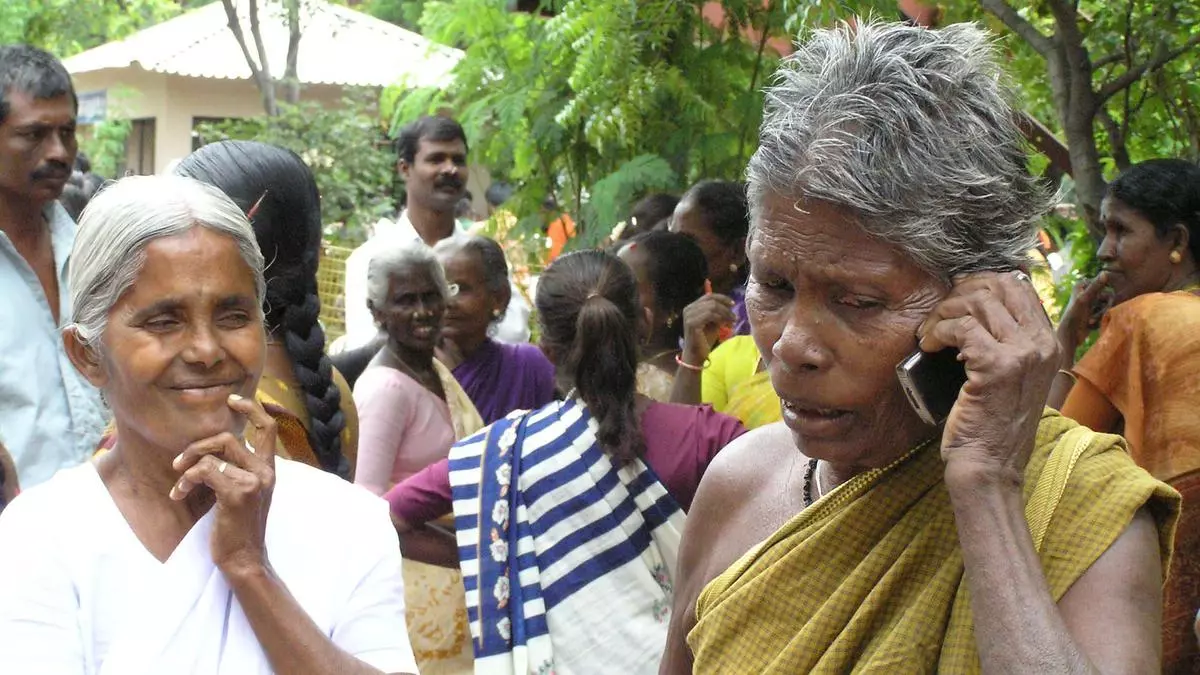The Indian National Space Promotion and Authorization Centre (IN-SPACe) has granted authorisation to Azista BST Aerospace Private Limited, Hyderabad, for the establishment and operation of a ground station in UHF frequency bands.
With this authorization, Azista BST Aerospace Pvt Ltd will support its own satellites and provide Ground Station as a Service (GSaaS) for Telemetry, Tracking, and Command (TT&C) operations and data reception from remote sensing satellites to both Indian and international customers, stated an official release here.
Ground stations operating in the UHF frequency band (300 MHz to 3 GHz) are primarily used for satellite communications, including data relay for remote sensing, telemetry, and control of satellites. They support various applications such as weather forecasting, environmental monitoring, and communications for scientific research and military operations.
Dr. P K Jain, Director- Program Management and Authorization Directorate (PMAD), IN-SPACe, stated, “This authorization is yet another step by the Government to encourage and enable Indian satellite operators who will now have alternative Indian ground station service providers for their satellite operations and data reception in the UHF band.”
Azista Industries Pvt Ltd aims at harnessing business opportunities in large volume small satellite requirements in the international market as well as emerging India needs and applications, the release added.





